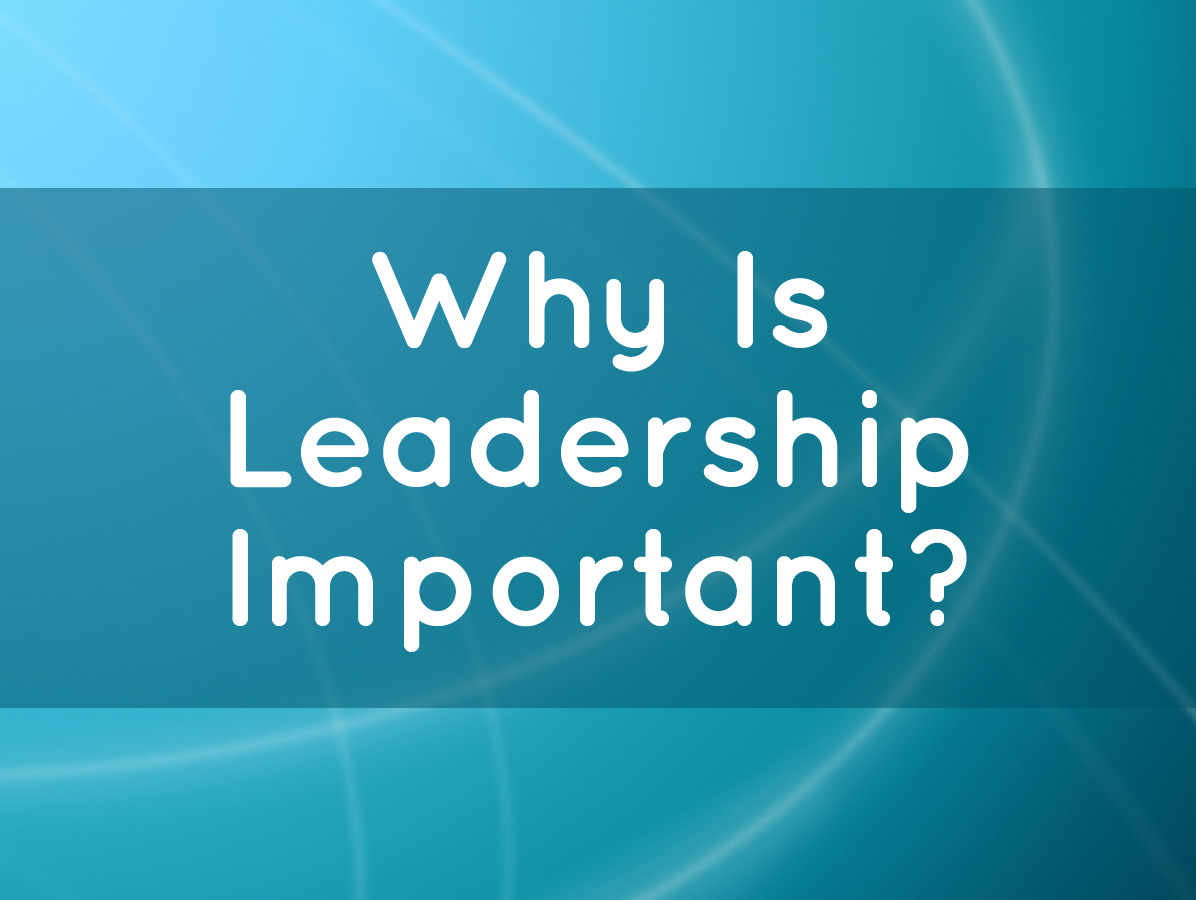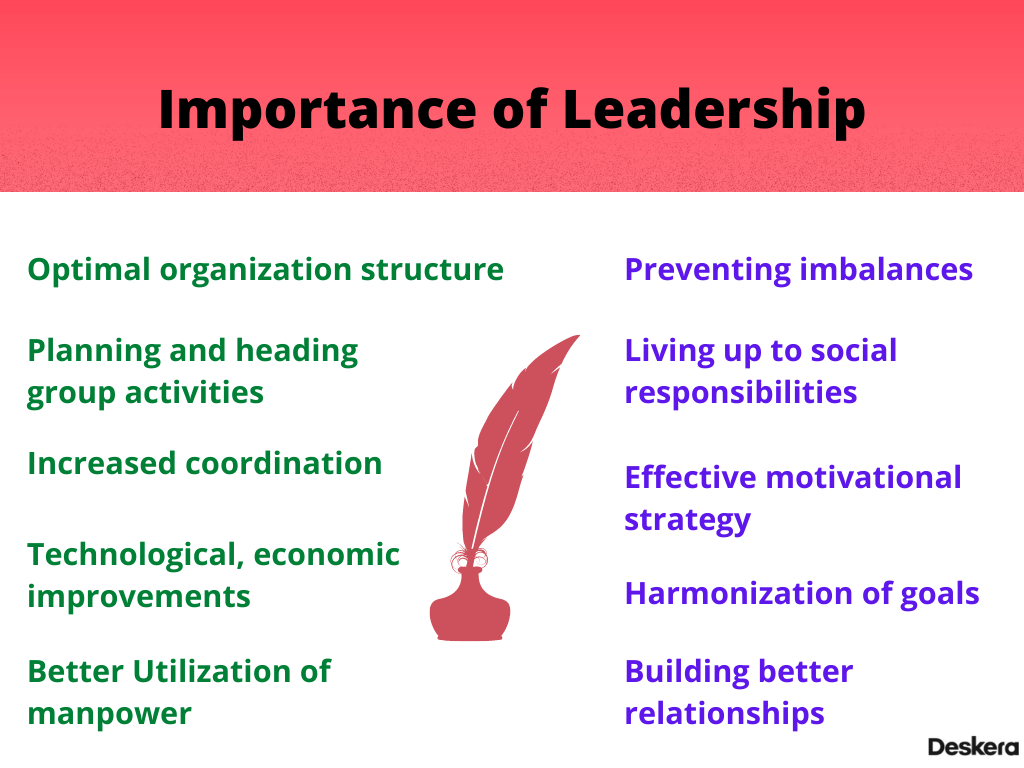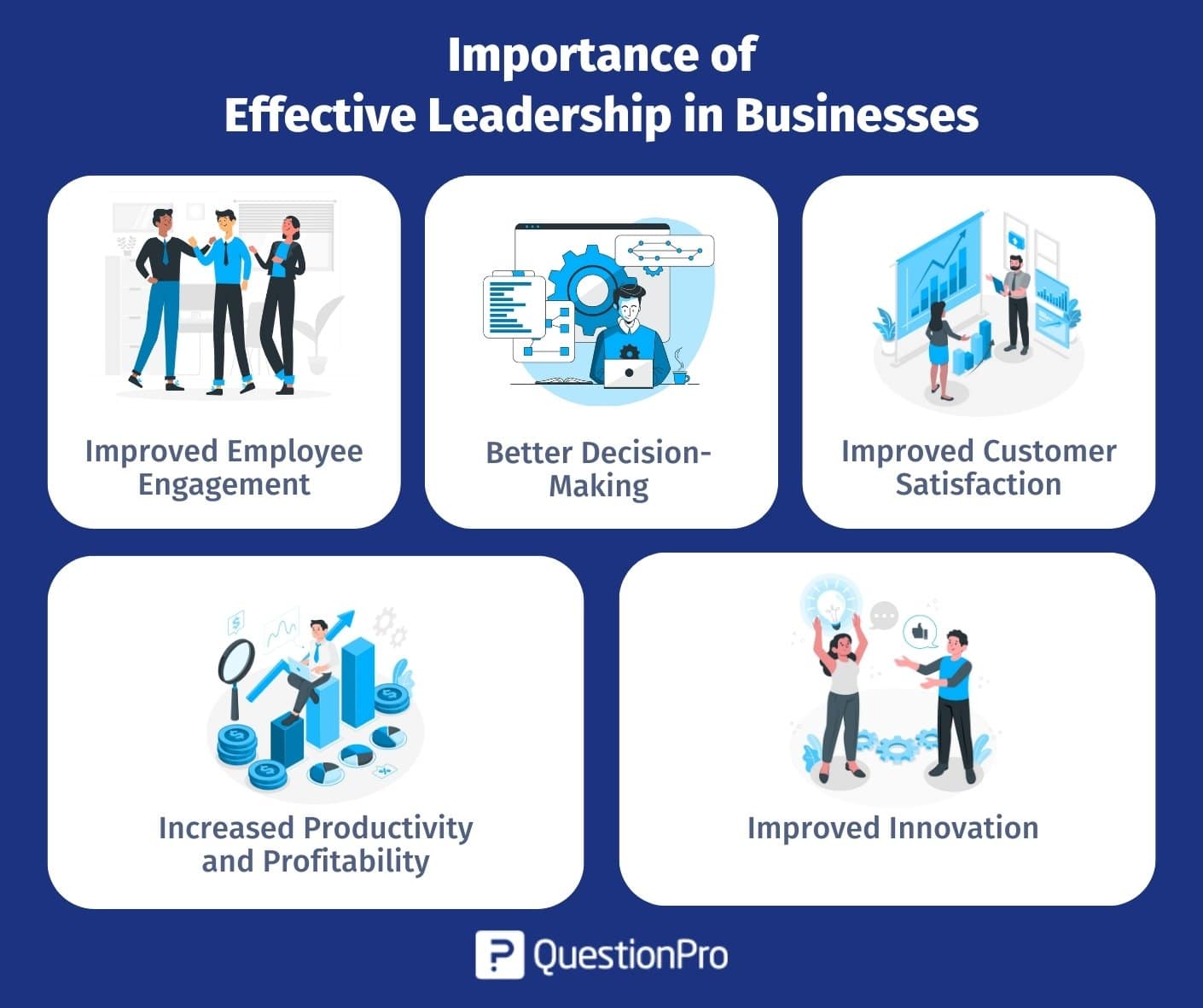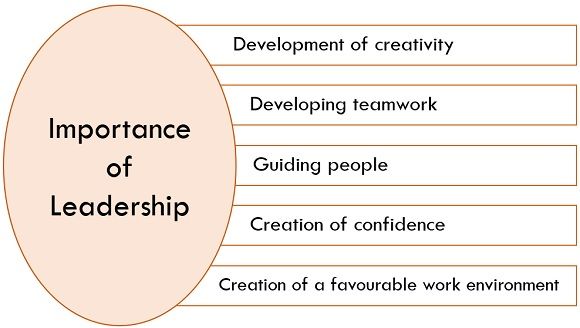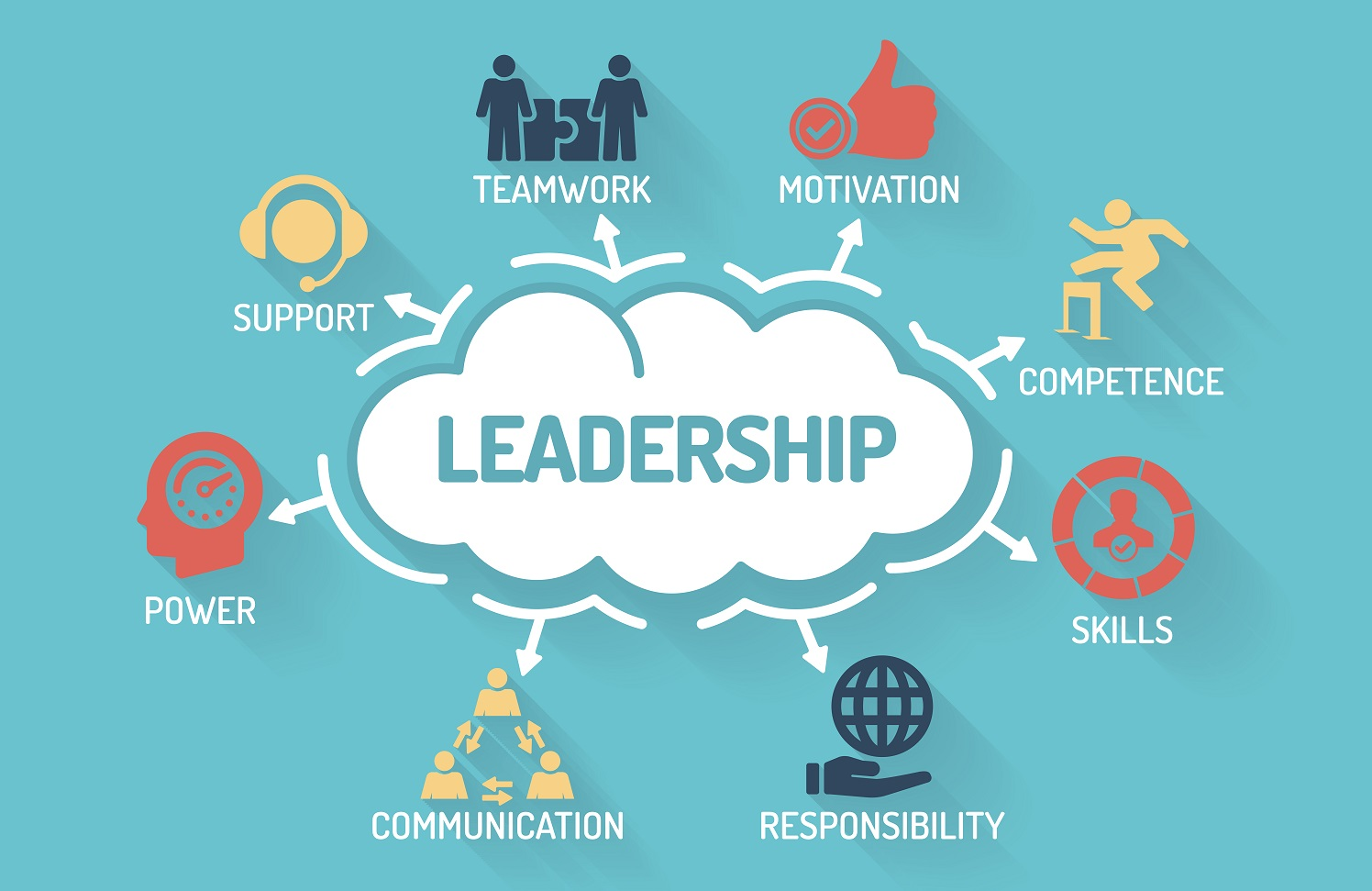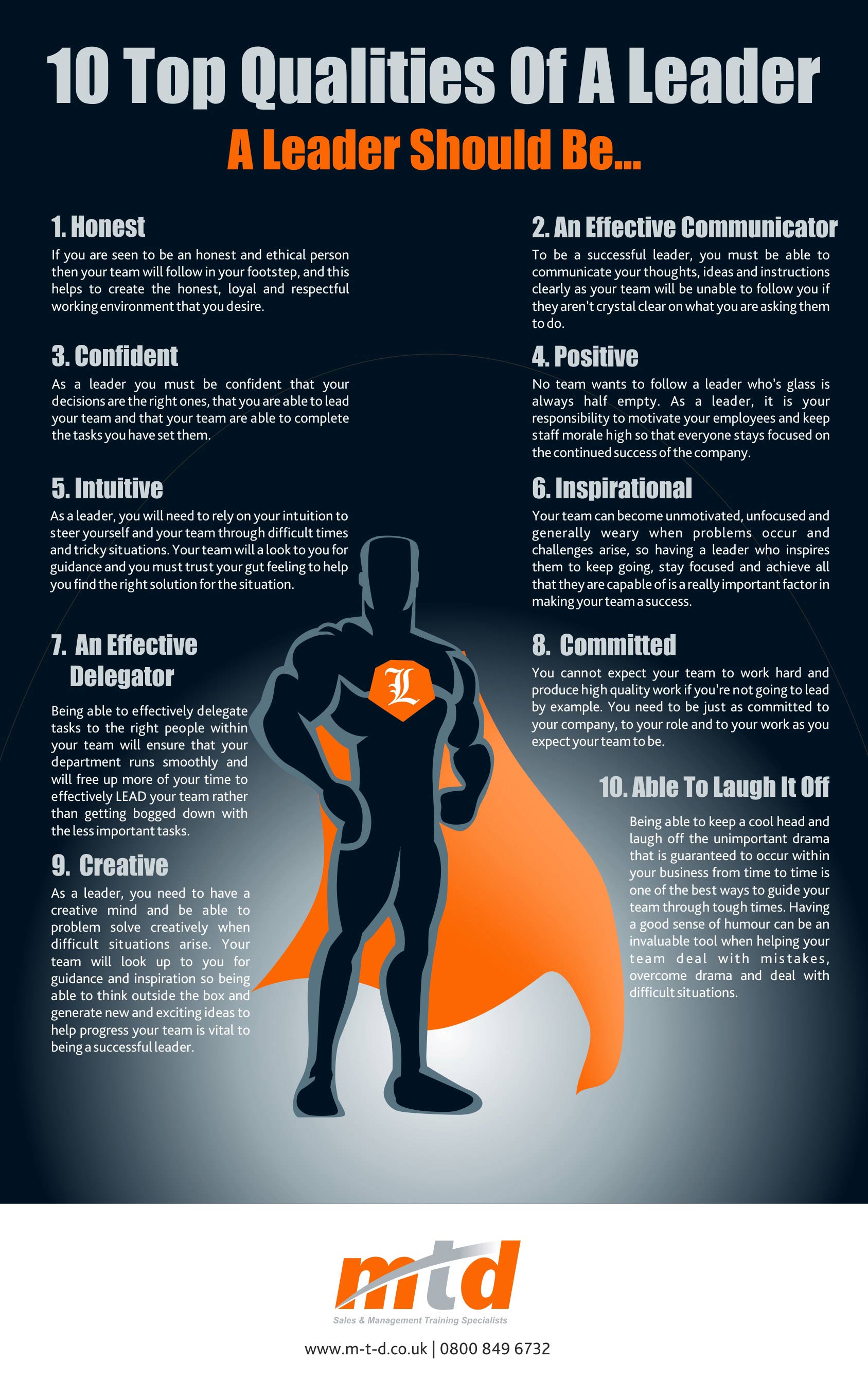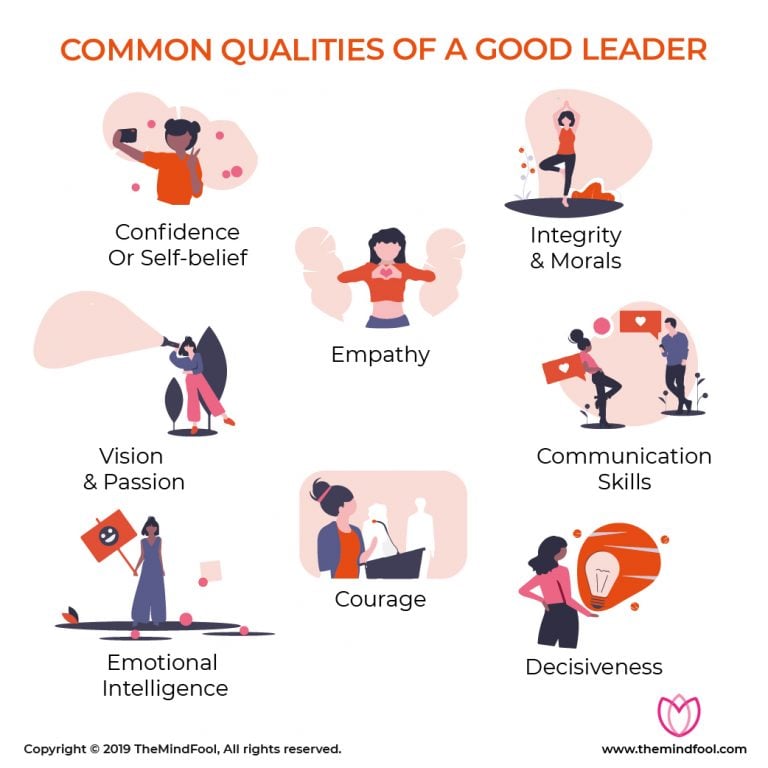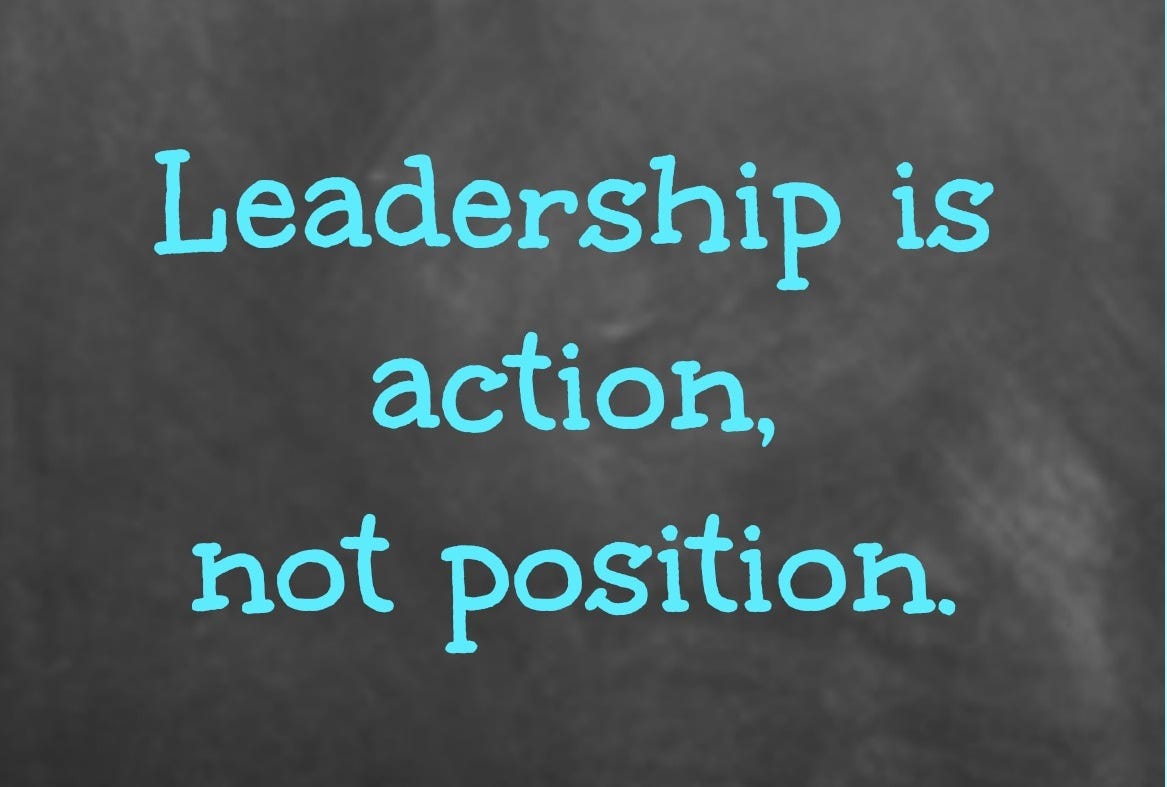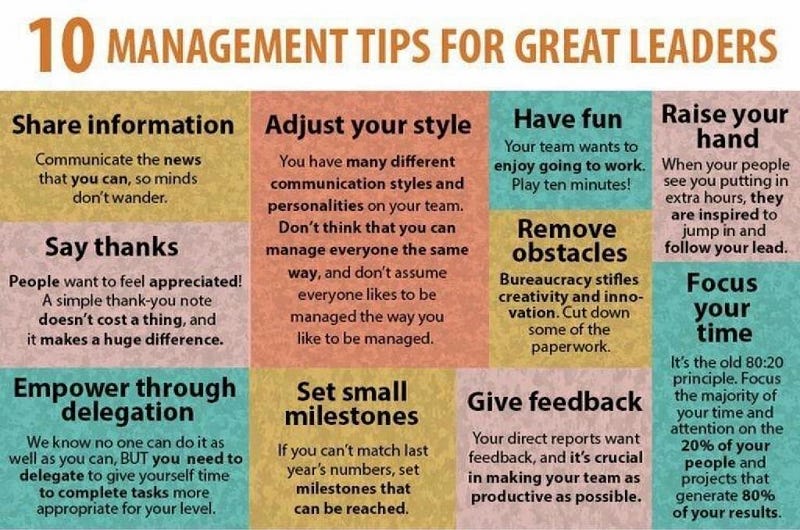Why Is It Important To Be A Leader

In a world grappling with unprecedented challenges – from climate change and economic disparities to political polarization and global health crises – the need for effective leadership has never been more acute. A void in competent and ethical leadership threatens societal progress, hindering our ability to navigate complexity and build a better future. The stakes are high, demanding a deeper understanding of why leadership matters.
At its core, the importance of leadership lies in its capacity to guide, inspire, and empower individuals and groups to achieve shared goals. Leadership transcends mere authority; it’s about fostering collaboration, driving innovation, and championing positive change. A strong leader can transform vision into reality, turning potential into tangible outcomes for the benefit of society.
Defining Effective Leadership
Leadership is not confined to hierarchical positions or titles; it manifests in various forms and at different levels. Some define it through the lens of influence, while others emphasize its ethical dimensions. Peter Drucker, a renowned management consultant, famously stated that "Leadership is doing the right things," highlighting the importance of integrity and purpose.
Research from organizations like the Center for Creative Leadership indicates that effective leaders possess a blend of essential skills. These include strategic thinking, communication, empathy, and the ability to build trust. These qualities are not innate; they are honed through experience, learning, and self-reflection.
Driving Positive Change
One of the primary reasons leadership is crucial is its role in driving positive change. Leaders identify problems, formulate solutions, and mobilize resources to address critical issues. Consider the impact of environmental advocates like Greta Thunberg, whose passionate leadership has galvanized global action on climate change.
In the business world, visionary leaders like Elon Musk have disrupted industries and pushed technological boundaries. Through innovation and risk-taking, they have created new opportunities and reshaped the economic landscape. Such transformative leadership demonstrates the profound impact individuals can have when they dare to challenge the status quo.
Fostering Collaboration and Teamwork
Effective leadership fosters a culture of collaboration and teamwork. A leader's ability to unite diverse individuals around a common purpose is paramount. According to studies by Harvard Business Review, teams with strong leadership outperform those without it.
Leaders facilitate open communication, encourage diverse perspectives, and empower team members to contribute their unique talents. This collaborative approach is essential for solving complex problems and achieving collective goals. Leaders that promote psychological safety can unlock the best from their teams.
Navigating Crisis and Uncertainty
The ability to navigate crisis and uncertainty is a hallmark of effective leadership. In times of turmoil, people look to leaders for guidance, reassurance, and direction. A leader's response can determine the outcome of a crisis, shaping public perception and long-term consequences.
During the COVID-19 pandemic, leaders across various sectors faced unprecedented challenges. Some demonstrated exemplary leadership by prioritizing public health, communicating transparently, and implementing effective mitigation strategies. Their actions underscored the critical role of leadership in protecting communities and fostering resilience.
Building a Better Future
Ultimately, the importance of leadership lies in its capacity to build a better future. Leaders shape values, set priorities, and guide society towards progress and prosperity. Whether in politics, business, or community organizations, leaders determine the trajectory of our collective journey.
As we look ahead, it is essential to cultivate a new generation of leaders who are ethical, visionary, and committed to serving the greater good. Investing in leadership development programs and promoting civic engagement are critical steps in this process. By empowering individuals to lead with integrity and purpose, we can create a more just, sustainable, and prosperous world for all.
"The function of leadership is to produce more leaders, not more followers." – Ralph Nader
